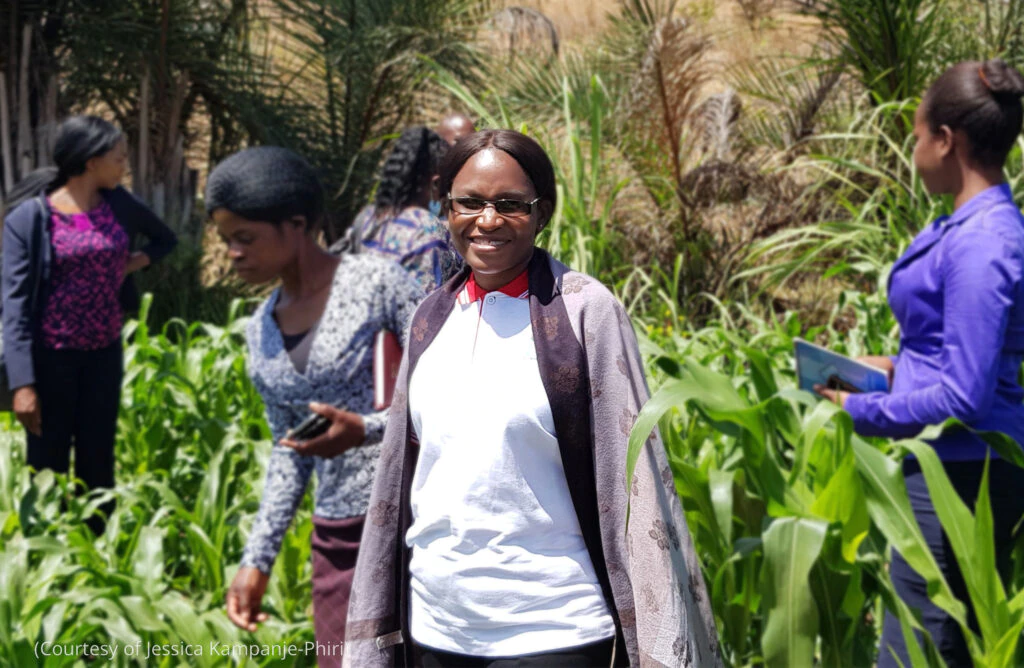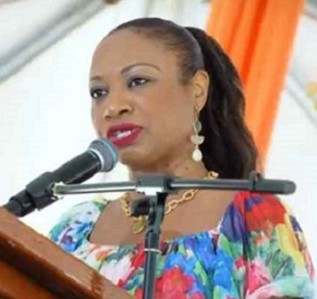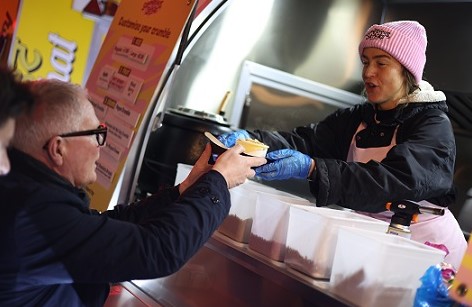Fanna Maïna, a researcher with a Feed the Future lab, works with youth in Niger’s farming communities and trains students as lab technicians. Addressing the global food crisis requires sharing the harvest — and knowledge.
Scientists in Africa are doing just that. Through Feed the Future, a U.S. program to combat global poverty and hunger, scientists harness local solutions to expand local crop yields and feed more people.
Meet four scientists in Africa involved in Feed the Future programs who are breaking barriers and sharing their discoveries to end hunger. Fanna Maina, a biotechnology engineer, learned how to identify the best breeding strategies for growing crops while studying at a Feed the Future innovation lab.
She envisions a future where all can have access to nutritious food. Since then, Maina has trained more than 60 farmers in Niger on the new techniques and serves as a mentor to peers in the agriculture sector.
She advises other women in agriculture to persevere. “Set small goals to make the world a better place for everyone,” Maina said. Marème Niang Belko, an agronomist, focuses her research around improving crops in the Sahel region of West Africa, which has irregular rainfall and desert-like conditions.
She analyses how sorghum, pearl millet and cowpeas are grown and then advises farmers on how to make their crops more resilient. Belko also helps connect young women in agriculture with financing.
“Empowerment in crop improvement and related social science fields means supporting an inclusive approach by investing in women’s access to resources, information and training,” she said. Jessica Kampanje-Phiri, a social anthropologist, researches the social and political influences on food and hunger.
Kampanje-Phiri’s research with the Feed the Future Innovation Lab for Crop Improvement examines how human interactions, gender and policy issues affect the way cowpeas get from farm to table.She encourages women interested in science to remain optimistic and stay the course. “Keep on pushing until you get the result you are pushing for.”
Growing up, Scovia Adikini wanted to be a doctor. Then she learned that agriculture could help prevent diseases and save lives in a similar fashion. Today, her research as a plant breeder helps families learn the right conditions to grow crops.
She also encourages women to enter science and seek positions with authority. “I want to see women who take up leadership responsibility, making decisions that influence at all levels, with access to opportunities and resources that can make their dreams a reality,” she said.











